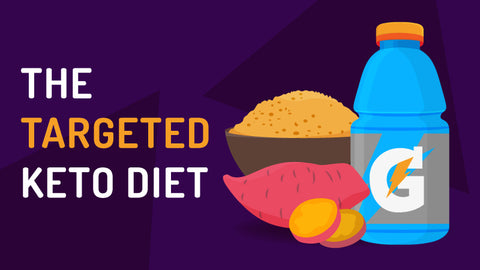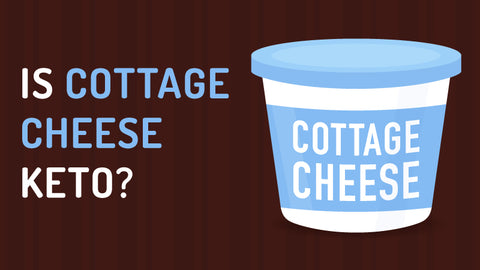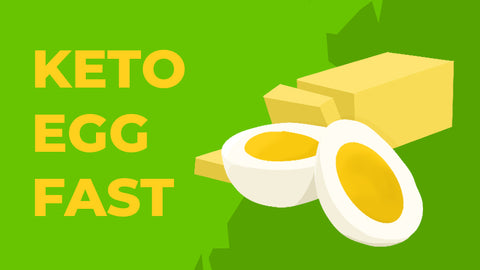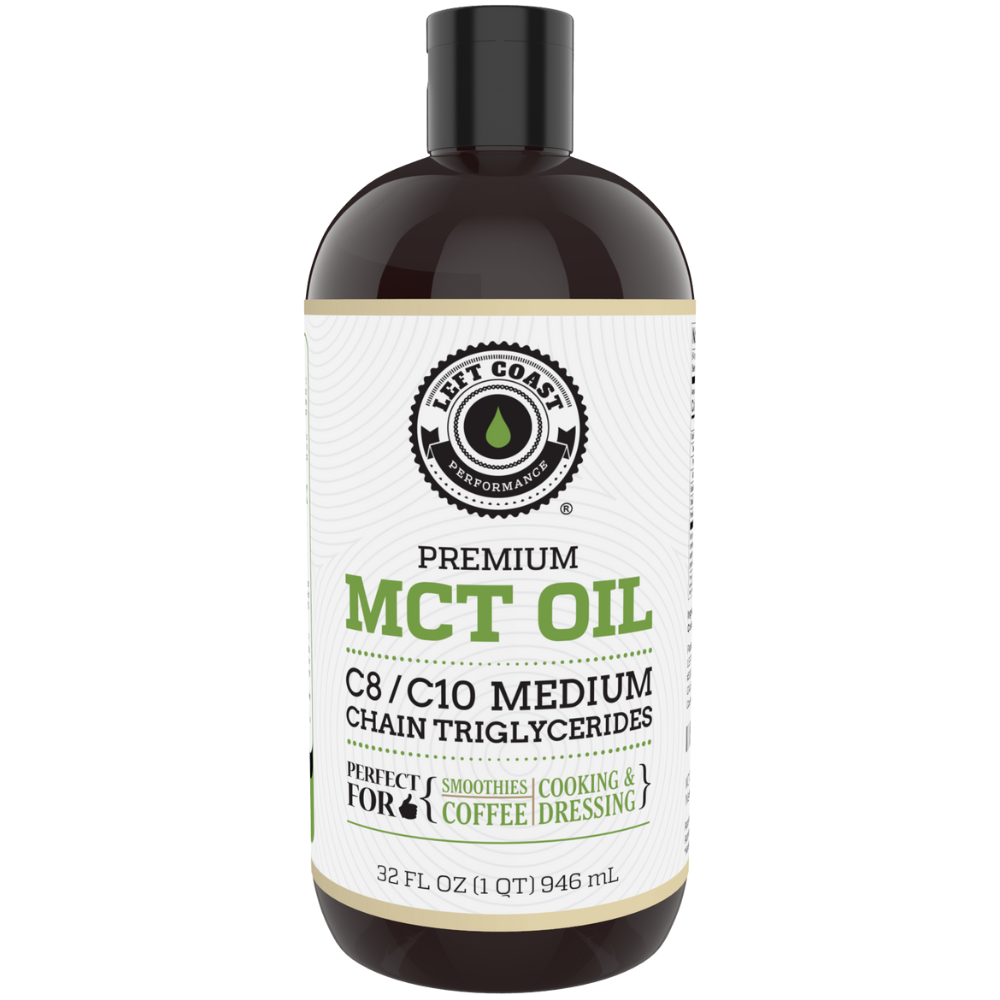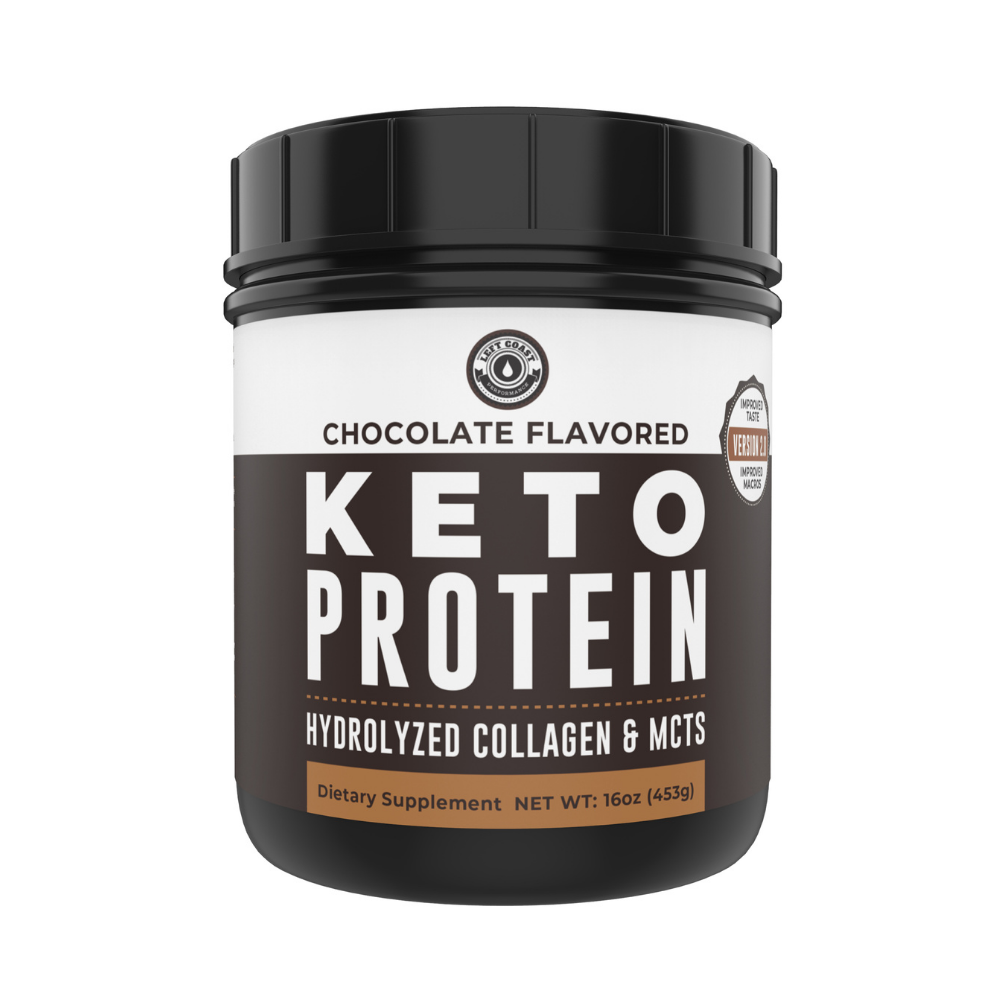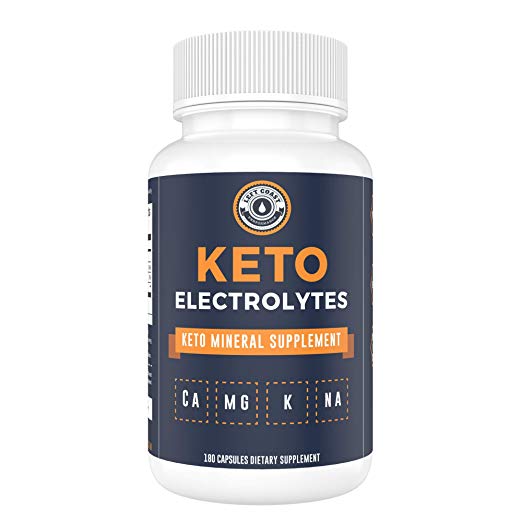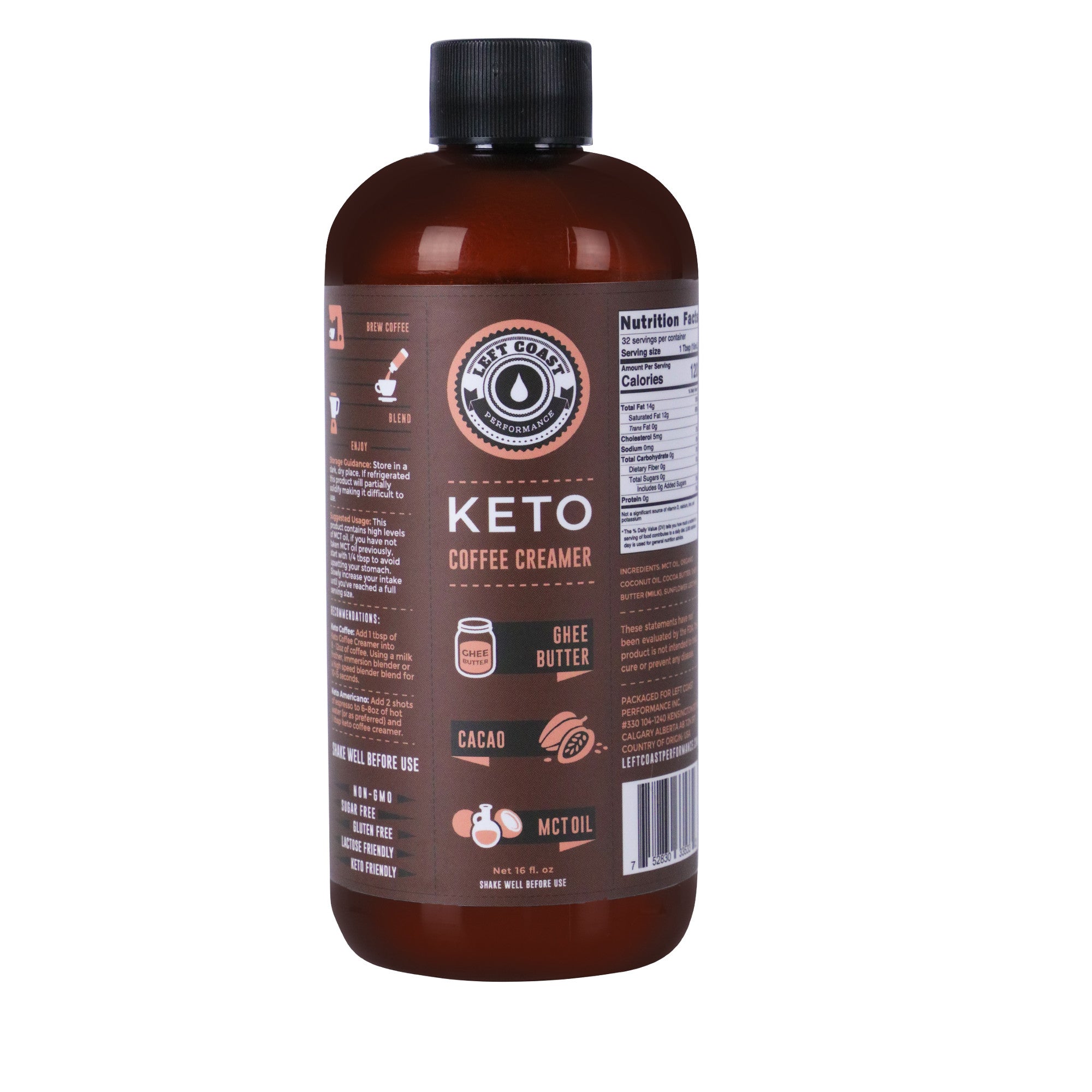Peanuts Keto
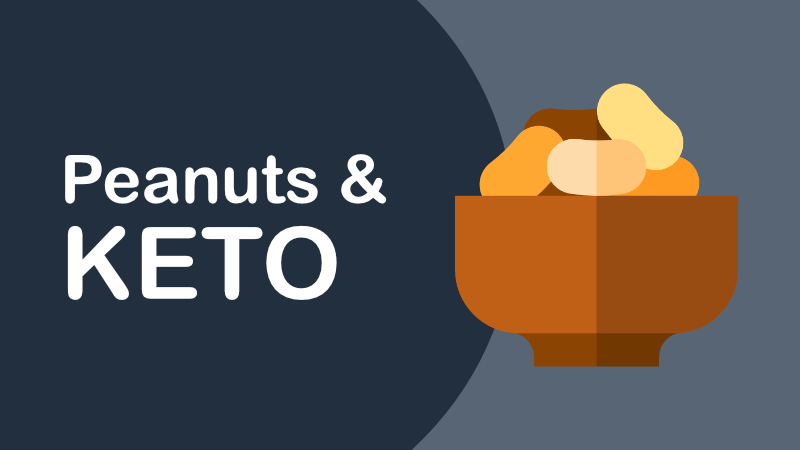
on October 03, 2019
Keto dieters go nuts for nuts. Nuts are high in healthy fats and pack a protein punch, and many varieties are low on carbs.
But not all nuts are created equal when it comes to staying in ketosis. Read on for a closer look at the humble but beloved peanut and find out whether it’s safe to eat on the keto diet.
Peanuts
First things first: a peanut isn’t truly a nut, but a legume. What’s the difference? Well, if you want to get technical, true nuts like pecans and hazelnuts grow on trees, surrounded by a hard shell.
Peanuts, on the other hand, grow underground in pods and are pulled up when ripe, similar to carrots (and it may blow your mind to find out that other commonly known nuts like almonds and cashews aren’t technically nuts, either). As part of the legume family, they’re more closely related biologically speaking to beans, lentils and soy.
Semantics aside, peanuts are by and large America’s favorite nut, with the average person consuming seven pounds of peanuts and peanut products per year. That’s more than three times the consumption of the next most popular nut, almonds.
Peanuts and their progeny, peanut butter, are two of the easiest and most readily accessible snacks around, so it’s easy to see why so many people love this mild, salty nut.
Nutritional Info
Are peanuts good for you? Well, a lot depends on who you are and what your dietary goals are.
First, the good news: peanuts are high in protein and fiber. A one ounce serving of these nuts contains about 7 grams of protein and 2.5 grams of fiber. They’re an exceptionally strong plant-based protein source, with between 20 and 30% of their total calories coming from protein. Protein, as you know, is an essential dietary component for the growth and repair of tissues and an important fuel source for keto dieters. Fiber helps control blood sugar levels and maintain digestive health.
Peanuts are high in fat, with about 14 grams of fat per one ounce serving. A good portion of that is monounsaturated and polyunsaturated fat. These are considered healthy fats and are required for many bodily functions. When consumed in place of saturated fats, they can contribute to lower LDL cholesterol levels and a better overall cholesterol profile.
Peanuts have a low glycemic index, which means they’re processed by the body slowly and have a low impact on blood glucose levels. This makes peanuts a good snack for people with diabetes.
Now for the bad news: peanuts are relatively high in terms of calories, which may be important to you depending on your weight loss goals. That same one ounce serving we mentioned earlier (which equates to about two tablespoons) contains 161 calories. It’s not bad on its own, but if you overeat, the calories can quickly add up. So can the carbs, which we’ll get to a bit later on.
Peanuts also contain saturated fat, which, in excessive amounts, can drive up cholesterol levels and contribute to heart disease. Saturated fat only makes up between 10 and 15% of the total fat content of peanuts, however, which most experts say is an acceptable range.
Health Benefits
Nutrition experts praise peanuts for being a rich source of a variety of vitamins and minerals.
They’re one of the most prominent dietary sources of biotin and are a healthy source of folate, two important vitamins for women who are pregnant. They’re rich in niacin and magnesium, both of which are believed to protect against heart disease.
Peanuts are a good source of Thiamine, a B Vitamin that’s necessary for glucose metabolism and essential for proper nerve, muscle, and heart function. They also contain phosphorus, which aids in the growth and maintenance of body tissues, as well as Vitamin E, a powerful antioxidant that fights cell damage.
Earlier we touched on the calorie content of peanuts, but at least one study suggests this nutrient rich little nut is a bit of an anomaly when it comes to how those calories affect the waistline.
A study of three groups of health professionals over the course of 20 years found that across all the groups, increasing the participants’ daily consumption of nuts led to a reduction in weight gain. The results were consistent across all types of nuts, including tree nuts and peanuts. This demonstrates that when eaten in moderation, peanuts can actually be a tool in successful weight loss or maintenance--the key phrase here being ‘in moderation.’
Are Peanuts Keto?
Generally speaking, peanuts are low in carbs when compared to many traditional packaged snack foods. A one ounce serving of raw peanuts--the kind straight out of the shell--contains about 4.5 grams of total carbs and 2 grams of net carbs.
On the spectrum of all nuts, this puts peanuts squarely in the middle for how acceptable they are for keto dieters. For comparison, pecans are on the low end of the spectrum with about 1 gram of net carbs, while cashews are on the high end with about 7.6 grams of net carbs.
If you’re following a standard ketogenic diet, peanuts (and peanut butter) can be safely eaten with proper portion control.
Don’t stop reading just yet, however, as there are a couple things to consider when talking about peanuts and the keto diet.
The first is how they’re prepared. Just because peanuts are in the shell doesn’t mean they’re raw. Boiled peanuts can be prepared in the shell, and since the shell is soft, it absorbs the ingredients used for boiling and passes them on to you when you eat the nut inside. Boiled peanuts may contain sugar and other seasonings that add a considerable amount of carbs.
The second thing to consider with peanuts and the keto diet is what’s on the full list of ingredients in packaged and canned nut snacks. Many of them contain added salt, which results in soaring sodium levels, and sugar, which of course is a no-no for ketosis. One snack size package of Planter’s salted peanuts, for example, contains 2 grams of sugar and 8 grams of total carbs.
When eating peanuts on the keto diet, your best bet is to opt for raw, unsalted peanuts and measure out your portions rather than reaching into the container to munch.
How to Incorporate Peanuts Into a Keto Diet
If snacking on peanuts poses too much temptation to overeat for you, there are still plenty of ways you can incorporate peanuts and peanut butter into your keto diet.
Use them in desserts
If you’re not big on chocolate-flavored desserts, peanut based desserts like this sugar free keto peanut brittle are a sweet-and-salty alternative. It combines roasted peanuts with butter, keto sweetener and a dash of vanilla essence for a crunchy and yummy post-meal treat. You can easily swap in other nuts in place of peanuts, as well.
Use them in sauces
The beauty of peanut sauce is that it’s a natural fit with asian style dishes. Whether drizzled over chicken, zoodles or veggies, it’s a perfect creamy, savory way to tie a dish together. Try this grilled chicken with peanut sauce, which includes hints of ginger, garlic and jalapeno for a deliciously complex flavor profile.
Use them as a topping
From protein shakes to pudding, crushed peanuts are a great way to add a touch of crunch to dishes without much texture. You can buy raw peanuts that are pre-ground, or easily make your own with a nut chopper or by using the pulse function on your blender.
Use peanut butter as a thickening or binding agent
Thickening agents add bulk to liquidy dishes, while binding agents help hold ingredients together. Peanut butter works well for both purposes.
Peanut butter can be used as a base for fat bombs and pies, as a thickening agent in smoothies, and as a binding agent in keto desserts, granola bars and other snacks. Try these peanut butter fat bombs, which are ultra-easy to make with just five ingredients and won’t contribute to a spike in blood sugar.
What if I Have a Peanut Allergy?
There’s one major downside to peanuts that we haven’t yet covered: it’s one of the most common food allergies, affecting about 1 in 50 children and 1 in 200 adults. It can cause a range of symptoms, from runny nose and itchy skin to anaphylaxis, a life-threatening medical condition.
If you’re one of the millions of people allergic or sensitive to peanuts, there’s a chance you may be allergic to other nuts as well, particularly tree nuts. It’s best to speak with your doctor to determine the best course of action. There are skin-prick tests that can be used to detect nut allergies, as well as a new blood test that has shown promise in early testing.
If you’re on the keto diet and allergic to nuts, sunflower seeds and sunflower seed butter are good alternatives that are high in healthy fats, protein, fiber and nutrients and low in carbs.
About Left Coast Performance
Left Coast Performance is your source for high-quality products to fuel your keto lifestyle, like our Chocolate Keto Protein Powder made from grass-fed collagen and our Keto Burst Ketone Supplements to help you rapidly achieve ketosis.
No one ever said going keto was easy, but the journey is a lot smoother with the wealth of information and keto resources you’ll find on our blog. It’s updated each week with new recipes, FAQs and keto-friendly food suggestions to help you make educated choices that are right for you.
Shop our products now at www.leftcoastperformance.com and follow us on Instagram to keep up with our latest news.


